Podcast: Play in new window | Download (Duration: 32:03 — 22.1MB) | Embed
Subscribe: Apple Podcasts | Spotify | Amazon Music | Android | Pandora | iHeartRadio | JioSaavn | Podchaser | Gaana | Podcast Index | Email | TuneIn | Deezer | Anghami | RSS | More

St. Athanasius of Alexandria – The Doctors of the Church: The Charism of Wisdom with Dr. Matthew Bunson
- Born: 296 AD, Alexandria, Egypt
- Died: May 2, 373 AD, Alexandria, Egypt
Dr. Matthew Bunson and Kris McGregor discuss St. Athanasius of Alexandria, declared a Doctor of the Church in 1568. St. Athanasius played a significant role in defending orthodox Christian doctrine against the Arian heresy. Born around 298 AD, he became Bishop of Alexandria and faced exile multiple times due to his staunch opposition to Arianism.
Despite persecution and false accusations, Athanasius remained steadfast in his defense of Christ’s divinity and humanity; in addition to Christ’s incarnation and its role in salvation, providing clarity on the Trinity and the nature of Christ. He also contributed to the spread of monasticism through his writings on the Desert Fathers, particularly St. Anthony. His life serves as a reminder of the challenges faced in defending the truth and the unwavering commitment required to uphold the faith.
- Athanasius
- Against the Heathen
- On the Incarnation of the Word
- Deposition of Arius
- Statement of Faith
- On Luke 10:22 (Matthew 11:27)
- Circular Letter
- Apologia Contra Arianos
- De Decretis
- De Sententia Dionysii
- Vita S. Antoni (Life of St. Anthony)
- Ad Episcopus Aegypti et Libyae
- Apologia ad Constantium
- Apologia de Fuga
- Historia Arianorum
- Four Discourses Against the Arians
- De Synodis
- Tomus ad Antiochenos
- Ad Afros Epistola Synodica
- Historia Acephala
- Letters
Discerning Hearts Reflection Questions
- The Courage of St. Athanasius: How does St. Athanasius’ unwavering courage in the face of persecution inspire us to stand firm in our faith, even when confronted with adversity?
- Defending Truth in Today’s World: In what ways can we apply St. Athanasius’ example to our modern context, where the truth of the Catholic faith is often challenged or misunderstood?
- Embracing Orthodoxy: Reflect on the importance of understanding and defending orthodox Christian doctrine, especially in a world where relativism and skepticism abound.
- Sacrifice and Commitment: Consider the sacrifices St. Athanasius made for the sake of defending the faith. How does his commitment challenge us to deepen our own dedication to Christ and His Church?
- The Role of Monasticism: Explore the significance of St. Athanasius’ contribution to monasticism and its impact on Christian spirituality. How can we incorporate elements of monastic living into our own spiritual practices?
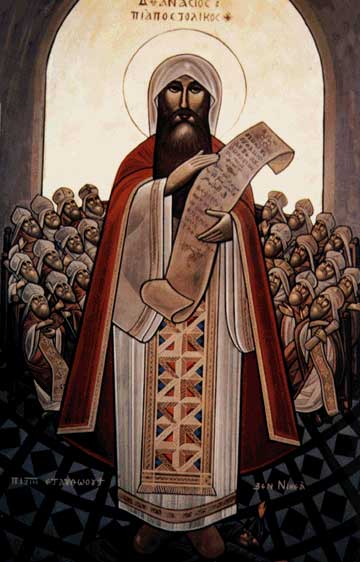
From Vatican.va, an excerpt from the teachings of Pope Benedict XVI General Audience 2007:
“Athanasius was undoubtedly one of the most important and revered early Church Fathers. But this great Saint was above all the impassioned theologian of the Incarnation of the Logos, the Word of God who – as the Prologue of the fourth Gospel says – “became flesh and dwelt among us” (Jn 1: 14).
For this very reason Athanasius was also the most important and tenacious adversary of the Arian heresy, which at that time threatened faith in Christ, reduced to a creature “halfway” between God and man, according to a recurring tendency in history which we also see manifested today in various forms.
In all likelihood Athanasius was born in Alexandria, Egypt, in about the year 300 A.D. He received a good education before becoming a deacon and secretary to the Bishop of Alexandria, the great Egyptian metropolis. As a close collaborator of his Bishop, the young cleric took part with him in the Council of Nicaea, the first Ecumenical Council, convoked by the Emperor Constantine in May 325 A.D. to ensure Church unity. The Nicene Fathers were thus able to address various issues and primarily the serious problem that had arisen a few years earlier from the preaching of the Alexandrian priest, Arius.
With his theory, Arius threatened authentic faith in Christ, declaring that the Logos was not a true God but a created God, a creature “halfway” between God and man who hence remained for ever inaccessible to us. The Bishops gathered in Nicaea responded by developing and establishing the “Symbol of faith” [“Creed”] which, completed later at the First Council of Constantinople, has endured in the traditions of various Christian denominations and in the liturgy as the Niceno-Constantinopolitan Creed.
In this fundamental text – which expresses the faith of the undivided Church and which we also recite today, every Sunday, in the Eucharistic celebration – the Greek term homooúsiosis featured, in Latin consubstantialis: it means that the Son, the Logos, is “of the same substance” as the Father, he is God of God, he is his substance. Thus, the full divinity of the Son, which was denied by the Arians, was brought into the limelight.”
For more visit Vatican.va
For more from Dr. Matthew Bunson, check out his Discerning Hearts page.
Dr. Matthew E. Bunson is a Register senior editor and a senior contributor to EWTN News. For the past 20 years, he has been active in the area of Catholic social communications and education, including writing, editing, and teaching on a variety of topics related to Church history, the papacy, the saints and Catholic culture. He is faculty chair at Catholic Distance University, a senior fellow of the St. Paul Center for Biblical Theology, and the author or co-author of over 50 books including The Encyclopedia of Catholic History, The Pope Encyclopedia, We Have a Pope! Benedict XVI, The Saints Encyclopedia and best-selling biographies of St. Damien of Molokai and St. Kateri Tekakwitha.


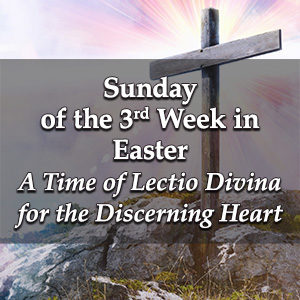 Sunday of the Third Week of Easter – A Time of Lectio Divina for the Discerning Heart Podcast
Sunday of the Third Week of Easter – A Time of Lectio Divina for the Discerning Heart Podcast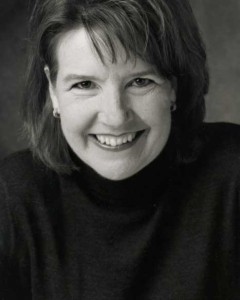
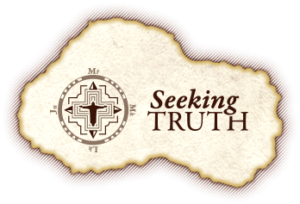
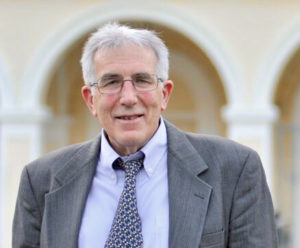
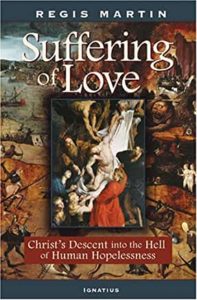
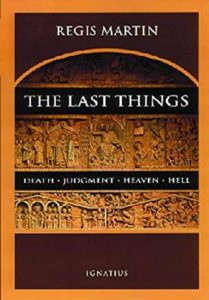
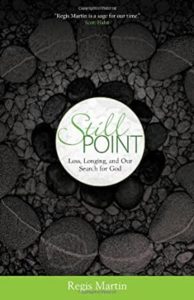
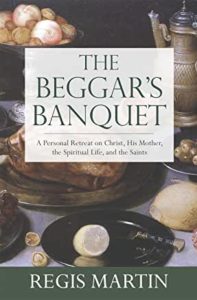
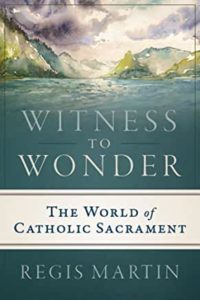
 What to expect:
What to expect: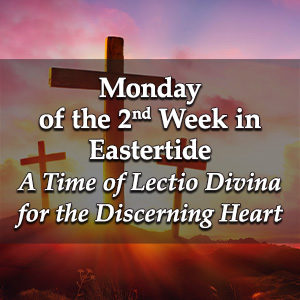 Monday of the Second Week of Eastertide – A Time of Lectio Divina for the Discerning Heart Podcast
Monday of the Second Week of Eastertide – A Time of Lectio Divina for the Discerning Heart Podcast

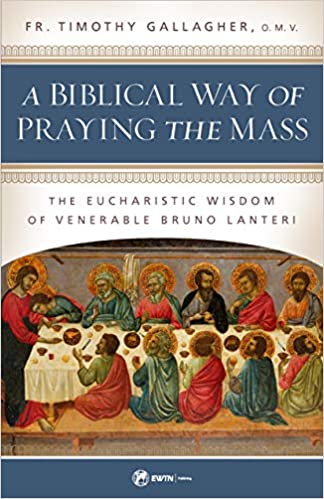
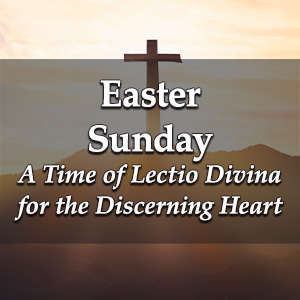 Easter Sunday – A Time of Lectio Divina for the Discerning Heart Podcast
Easter Sunday – A Time of Lectio Divina for the Discerning Heart Podcast